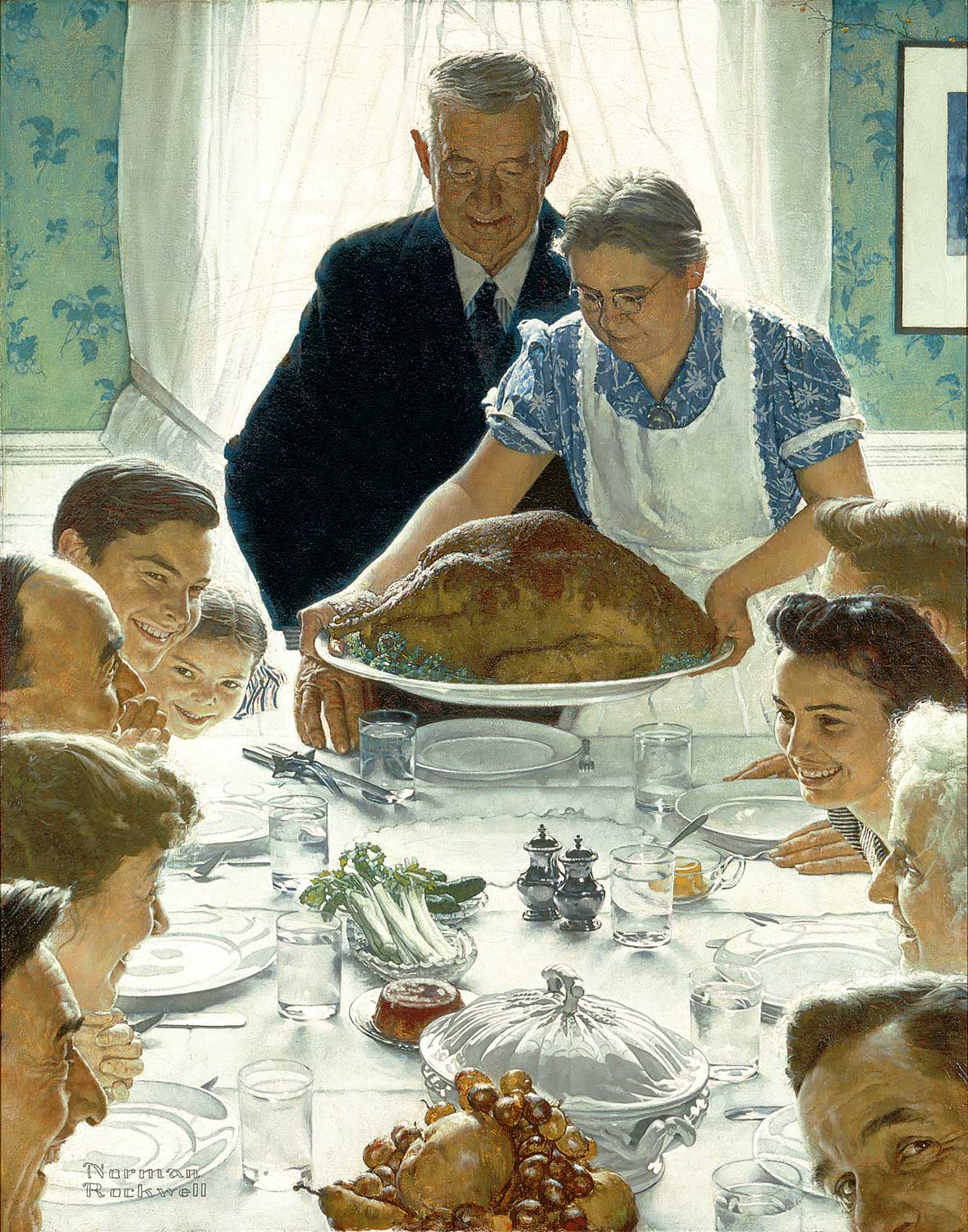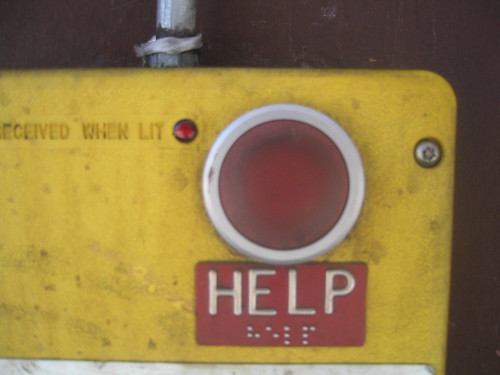I will probably never need to know how to escape a sinking helicopter like Destin Sandlin from Smarter Everyday. But at the end of this video he draws an analogy from a keen observation.
The marines in the video are training for something that might happen in their military careers, how not to panic and escape from a sinking, inverted crashed helicopter. For most of us, the first thing we do in an emergency situation is to be a little freaked out. It happens to the best of us. I experienced this the night my wife was bleeding internally and none of the ER staff knew what was happening for 9 hours. Suddenly I was confronted with hospital personnel who were shoving papers in front of me, telling me where to sign to authorize them to perform exploratory surgery. Fuck!
Panic is a natural phenomenon. It happens when we are faced with an overwhelming scenario, too much input for us to process quickly. It seems counterintuitive that we should have this as a reaction because it is a lousy defense mechanism. The proverbial deer in headlights scenario comes to mind. We just don’t know what to do next, so we freeze. Some people, instead of doing nothing (which can be fatal) will do something, but not thinking, and that is equally dangerous, because panicky people are unpredictable. You cannot anticipate what’s going to happen, and people can get hurt. Fortunately for me I was being guided in that ER by competent people – well, competent when they realized what was happening – and they saw the look of bewilderment and terror in my eyes at the prospect that my wife was very likely going to die in front of me, and I couldn’t do anything, save sticking a needle in my arm for a transfusion.
Destin says something very reassuring toward the end of the video. He mentions that in the midst of being turned upside-down and having your nasal cavity filled with water, the worst thing you can do is panic, because you already have things working against you, things like being underwater, being inverted and not having your bearings, and other lives in the balance. Panic is not your friend, and you need something to anchor yourself to the truth. Stay in your seat until you get the breathing apparatus and take a couple of breaths. “Stay anchored to the truth.” The truth for those upended marines was that the seat and the exits were still in the same orientation. Nothing in that relationship changed, and you could count on it. Being inverted, if you stay in your seat – even though the water’s surface is under your feet, and bubbles are going down from your breathing apparatus – you know where you are in relation to the exits if you’re still sitting.
The truth I had to anchor myself to was the realization that only the doctors and nurses could help my wife. Eventually, a specialist had to be brought in. The truth was she was in good hands. That was a very hard thing to do, letting go of any illusion that I had control over the situation. I barely had control of my bladder. But the surgeon was able to stop the bleeding, with the help of an enormous blood clot – and repair the rupture. A week in the hospital and several units of blood later, and we were home again. Nothing can prepare you for such an emergency. But it quickly becomes apparent what is most important in the moment. I am fortunate that my anchor held fast. It’s sometimes not possible to know that the truth you’re anchored to is the right one, especially when someone’s life is at stake. The young marines in the video knew that in that situation where up was down and right was left, they could count on knowing how to get out as long as they didn’t panic.
I’ve seen people freak out in the past, sometimes in situations that most people could handle with little effort. Our experiences reshape us over time, and the longer you live the more likely you are to grow from these trials. Some people do not. From my perspective, similar to how we can’t feel the disorientation by watching the video, I can’t really know what people are going through without being there. We might be able to say, “don’t panic”, but until we are sitting in the helicopter as it’s plunging in the water and turning over, we will never really understand how hard it really is not to freak out and save our own butts.




